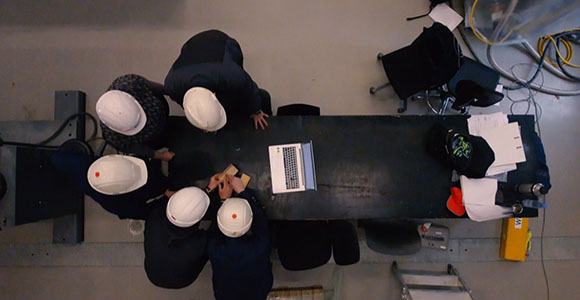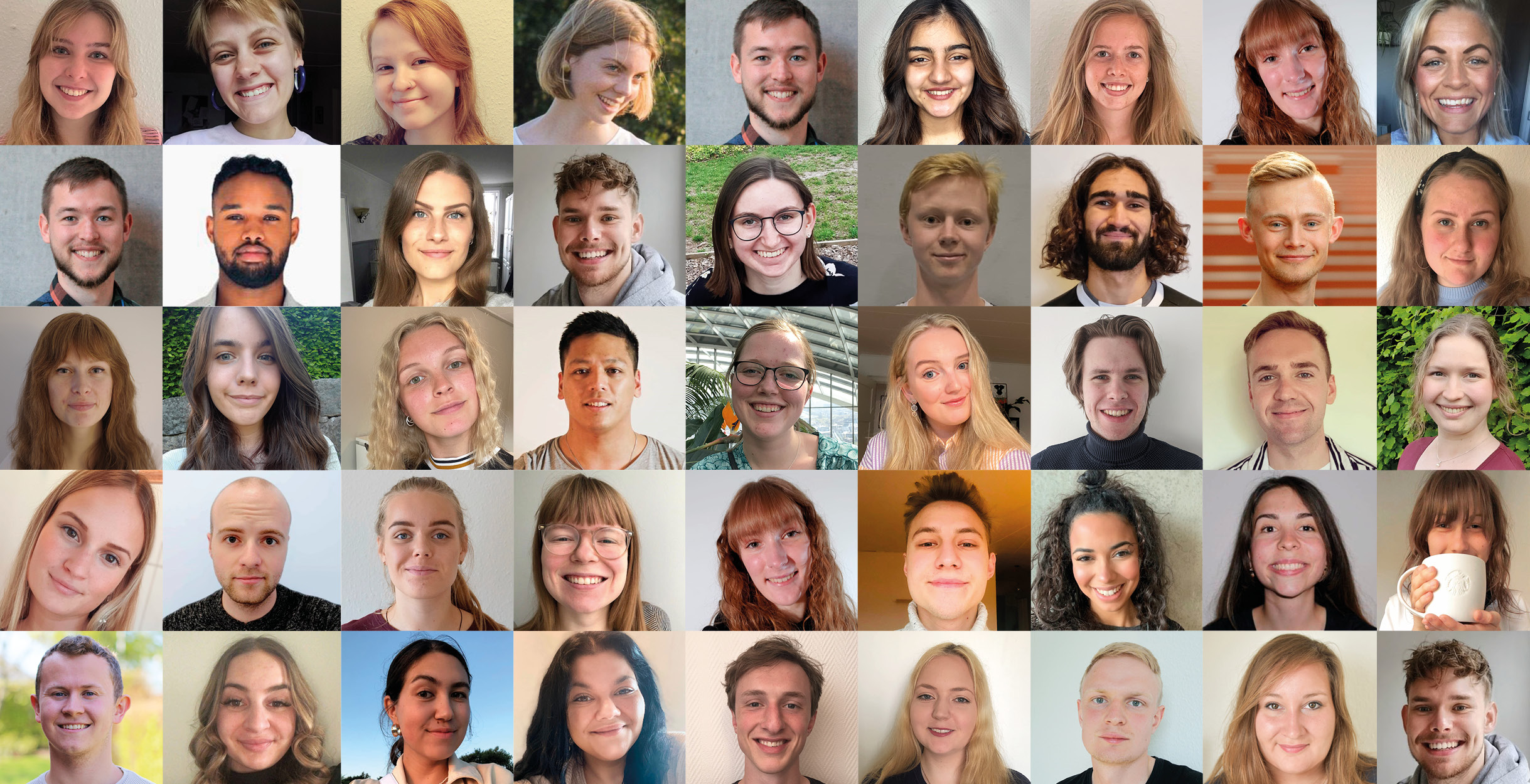Get a company-oriented degree in Chemical Engineering and Biotechnology
Do you want to help develop new production methods to produce herbal medicine, healthier foods, or cleaner energy? Do you want to contribute actively to the green transition to the climate-friendly society of the future? Then a degree in Chemical Engineering and Biotechnology might be something for you.
Companies focus, to a large extent, on having efficient production, optimal energy utilisation, quality assurance, climate-friendly production and on taking environmental considerations into account. As a Chemical Engineer, you will help to make a big difference in these areas, and you will be able to work on optimising processes based on your knowledge of chemical engineering.
When studying Chemical Engineering and Biotechnologyg, you will learn how to translate knowledge about chemistry and biotechnology as well as research results, for practical use in industry. This can be, for example, the development of power-to-x, new processes to produce biofuels, food, or medicine.
What will I learn?
In the Chemical Engineering and Biotechnology programme, you will combine engineering with knowledge in chemistry and biotechnology, which provides you with the skills to lead projects from start to finish, design, plan and optimise process plants and products based on technical, resource and environmental considerations, solve concrete and complex problems, lead laboratory work and be responsible for administrative tasks within your field.
The programme provides you with professional knowledge of inorganic, organic and analytical chemistry, applied mathematics and physics, biochemistry, microbiology, chemical and biochemical processes and technologies, process and product design and much more.
How is the programme structured?
During the programme, you will work a lot in project groups, where you and your fellow students will solve problems for companies through case-based work. Each semester is based on a main theme, which is the basis for the semester's theory and project work.
Your first semester is about chemical production and the environment. In your 2nd semester, you will learn about energy conversion and materials. In the 3rd semester, you will learn about biotechnological processes and unit chemical operations. In the 4th semester, the focus is on instrumental analytical methods, applied statistics, and natural substance chemistry. This is also where you first have the opportunity to take electives. In your 5th semester, the focus is on the design of production facilities, innovation, and entrepreneurship, and you have the opportunity to specialise through electives. You can also study this semester abroad.
In the 6th semester, you will have a mandatory internship in a company. The internship can be spent in Denmark or abroad. In the 7th and final semester, you must carry out a graduation project - often in collaboration with a company.
The first four semesters of the programme are the same for BEng students in Chemical Engineering and Biotechnology and BSc students in Chemical Engineering and Biotechnology.
Can I continue my studies?
A BEng in Chemical Engineering and Biotechnology is an independent, completed programme. So, after the 3½ years, you are a graduate engineer and ready to start your career.
If you want to immerse yourself further, you can continue your studies and take a MSc in Chemical Engineering and Biotechnology or a MSc in Environmental Engineering.
What can I become?
The programme provides you with several career opportunities - both in Denmark and abroad. You can, for example, get a job as a project manager, development engineer or consultant in the chemical or biochemical industry, the pharmaceutical industry or the environmental administration. As a chemical engineer, you can, for example, work with development, production, analysis, management, and environmental and quality assurance.
That is why you should study...
- You will get a company-oriented degree with good career opportunities
- You will gain exciting chemical and biotechnological knowledge
- You will have the opportunity for an international career, which you can already start during your studies by taking an internship or studying a semester abroad
- You will learn how to develop innovative solutions to specific problems
- You can contribute to the climate setup




